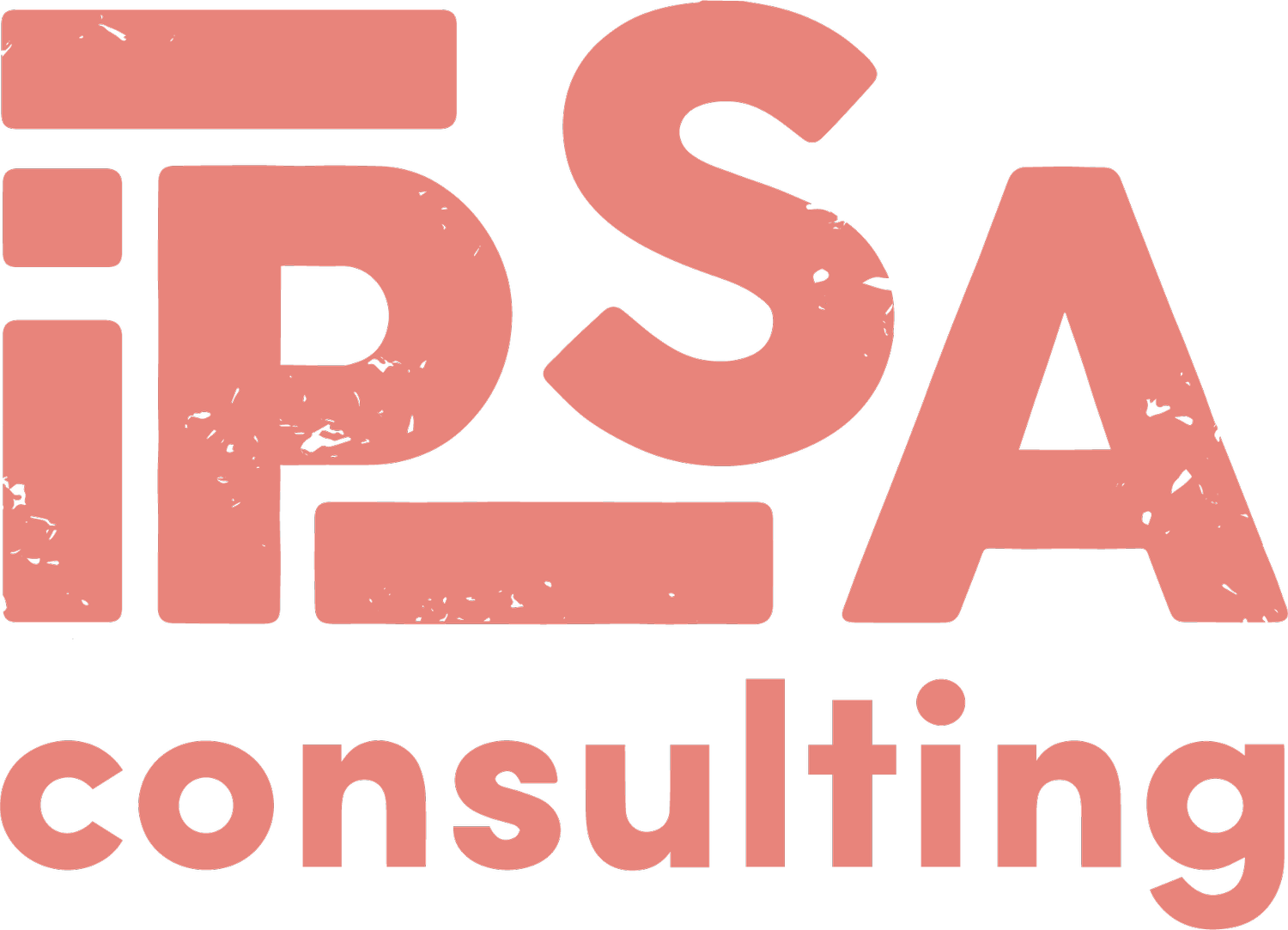What is Ethical PR?
Jessica Morgan, founder, Carnsight Communications – a PR and social media consultancy for founder-led businesses across the UK.
Ethics and PR might not appear to be natural bedfellows on the surface. The concepts of “spin” and “cover-ups” are closely associated with the PR profession, and the term “a PR exercise” is mostly used negatively.
But, I’d argue, that it’s not the profession that’s at fault, but the way it’s used, that leads to ethics being called into question. PR can be used to shine a light on good much more effectively than it can be used to cover up bad nowadays, in our era of transparency, fact checking and permanent digital footprints.
So, what does it mean that PR is driven by ethics?
Just as its practitioners should be driven by ethics, so the PR discipline should be, too. That will mean different things to different people but to me, that means being guided by moral principles, including truthfulness, fairness and honesty.
Yes, facts and figures might be “spun” to present them in the best possible light, but that’s different to creating campaigns based on untruths.
What is unethical PR?
Unethical PR is not following those principles. It can relate to the PR practice itself or behaviour of the company – for example using unpaid interns to work for the company or not treating employees in a reasonable and respectful way. It can also involve double standards – communicating one thing whilst behaving in a different way.
A recent high profile example of a company seemingly taking an unethical PR approach is Brewdog. A firm that was founded on being subversive and bucking trends, its behaviour has recently involved publicly campaigning for better human rights whilst at the same time reducing its own staff’s pay to below real living wage levels. And this at a time when the cost of living is at an all-time high.
What are the ethics of PR campaigns?
PR practitioners will draw their own line in the sand around what they are happy to create and promote campaigns around or not. I would consider it unethical to promote products such as e-cigarettes or diet pills. As a vegetarian, there are also animal products I wouldn’t work on PR campaigns for.
Companies should be ethical in their PR approach, and that includes not reporting false facts or figures. This approach is often stress tested at times of extreme pressure, such as crisis management situations.
How can we solve ethical issues in PR?
If an ethical approach is one of truthfulness, fairness and honesty, those are the lenses through which we should view PR. We should also ensure the behaviour we portray reflects the reality behind the scenes.
And as PR can generate enormous reach without needing budgets to match, it can be a real force for good. Charities such as Coppafeel!, CALM and the British Heart Foundation are just a handful of not-for-profits which have helped raise awareness, generate much-needed funds and even, save lives, through effective use of PR. Ethical use of PR can garner incredibly powerful and long-lasting results.
You can follow Jessica and her team on Instagram, here.
